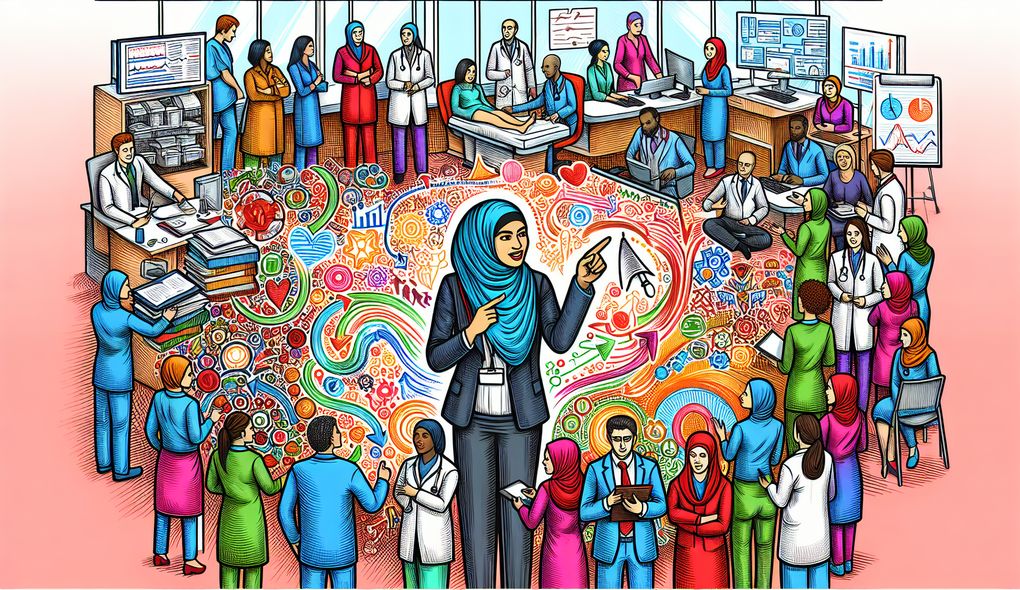25. What strategies do you use to address patient complaints and concerns?
JUNIOR LEVEL

Sample answer to the question:
When addressing patient complaints and concerns, I first listen attentively to their issues and empathize with their experiences. I reassure them that I will do my best to resolve their concerns. Then, I gather all necessary information and investigate the situation thoroughly. If possible, I propose immediate solutions or offer alternatives that could alleviate their concerns. I make sure to communicate effectively with the patient, keeping them informed throughout the process. After resolving the issue, I follow up with the patient to ensure their satisfaction. Additionally, I analyze the root causes of the complaints to identify any patterns or trends that can be addressed to prevent similar issues from arising in the future.
Here is a more solid answer:
To address patient complaints and concerns, I employ a proactive approach. Firstly, I actively listen to patients, demonstrating empathy and understanding. I take ownership of their concerns by promptly investigating the issue and discussing it with the relevant team members. By involving the team, I ensure diverse perspectives and collaboration in finding appropriate resolutions. If necessary, I escalate the matter to senior management while maintaining open lines of communication with the patient. Additionally, I document the complaint and proposed solutions to foster accountability and track trends for process improvement. Finally, I follow up with the patient to confirm their satisfaction and provide any additional assistance they may require.
Why is this a more solid answer?
The solid answer provides more details on how the candidate addresses patient complaints and concerns, including the importance of active listening, collaboration, and follow-up. It also demonstrates leadership skills by involving the relevant team members and escalating issues if needed. However, it could still benefit from specific examples and a stronger emphasis on customer service orientation.
An example of a exceptional answer:
My approach to addressing patient complaints and concerns starts with active listening and acknowledging their frustrations. I strive to understand the underlying emotions and concerns to provide personalized and empathetic solutions. Additionally, I ensure transparent communication by explaining the investigation process and timelines to the patient. Throughout the resolution process, I maintain regular contact with the patient, updating them on the progress and involving them in decision-making when possible. To further improve patient satisfaction, I analyze data from patient surveys and complaints to identify systemic issues and implement preventive measures. This proactive approach not only resolves individual complaints but also enhances overall patient experience.
Why is this an exceptional answer?
The exceptional answer demonstrates exceptional skills in empathy, communication, and problem-solving. It focuses on personalized and empathetic solutions, as well as involving the patient in decision-making. The candidate also goes beyond addressing individual complaints by emphasizing the use of data analysis to identify and address systemic issues. Overall, the answer showcases an outstanding level of customer service orientation and patient advocacy.
How to prepare for this question:
- Familiarize yourself with the organization's policies and procedures on patient complaints and concerns.
- Practice active listening and empathy in mock scenarios to hone your skills.
- Research common patient concerns in the healthcare industry and brainstorm possible solutions.
- Study relevant healthcare regulations and standards to ensure compliance in addressing patient complaints.
- Prepare examples from your past experience where you successfully resolved patient complaints or implemented improvements based on feedback.
What are interviewers evaluating with this question?
- Leadership and team management
- Excellent communication and interpersonal abilities
- Problem-solving and decision-making
- Customer service orientation
- Empathy and patient advocacy

